As acne continues to be a prevalent skin concern for individuals of all ages, finding an effective solution becomes crucial. Amidst the countless products flooding the market, good acne soap stands out as a reliable ally in the battle against breakouts. This article delves into the benefits, key ingredients, and factors to consider when choosing the right acne soap. 1. Benefits of Good Acne Soap: a) Deep Cleansing: Good acne soap penetrates the pores, effectively removing dirt, excess oil, and impurities that lead to acne formation.
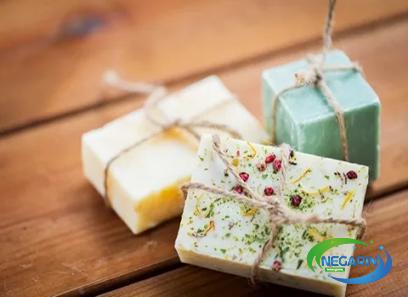
.
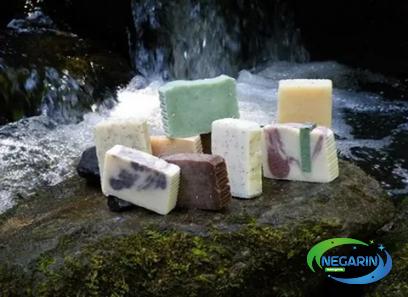 Regular use of such soap helps unclog pores, preventing further breakouts. b) Gentle Exfoliation: Acne soaps often contain exfoliating agents or ingredients like salicylic acid or benzoyl peroxide, which aid in shedding dead skin cells. This process allows acne-prone skin to regenerate and promotes a smoother complexion. c) Antibacterial Properties: Many good acne soaps contain antibacterial ingredients like tea tree oil or neem, which help eliminate acne-causing bacteria and reduce inflammation. d) Oil Control: For those with oily skin, a good acne soap can regulate excess sebum production, minimizing greasiness and preventing clogged pores. e) Reduction of Hyperpigmentation: Some acne soaps contain ingredients such as kojic acid or vitamin C that aid in fading acne scars or post-inflammatory hyperpigmentation, ultimately leading to a more even skin tone.
Regular use of such soap helps unclog pores, preventing further breakouts. b) Gentle Exfoliation: Acne soaps often contain exfoliating agents or ingredients like salicylic acid or benzoyl peroxide, which aid in shedding dead skin cells. This process allows acne-prone skin to regenerate and promotes a smoother complexion. c) Antibacterial Properties: Many good acne soaps contain antibacterial ingredients like tea tree oil or neem, which help eliminate acne-causing bacteria and reduce inflammation. d) Oil Control: For those with oily skin, a good acne soap can regulate excess sebum production, minimizing greasiness and preventing clogged pores. e) Reduction of Hyperpigmentation: Some acne soaps contain ingredients such as kojic acid or vitamin C that aid in fading acne scars or post-inflammatory hyperpigmentation, ultimately leading to a more even skin tone.
..
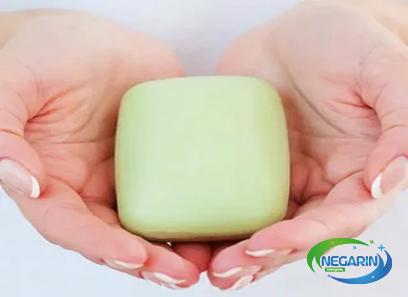 2. Key Ingredients to Look For: a) Salicylic Acid: This ingredient helps exfoliate the skin, unclog pores, and reduce inflammation, making it an effective choice for individuals with oily or acne-prone skin. b) Benzoyl Peroxide: Known for its anti-inflammatory and antimicrobial properties, benzoyl peroxide effectively combats acne-causing bacteria while promoting skin healing. c) Tea Tree Oil: A natural remedy for acne, tea tree oil has antimicrobial properties that combat bacteria, reduce redness, and swelling associated with acne breakouts. d) Neem: Commonly used in traditional medicine, neem oil possesses antibacterial and anti-inflammatory properties that can help control acne and prevent future breakouts. e) Aloe Vera: Known for its soothing properties, aloe vera helps reduce inflammation while promoting skin healing and moisturization.
2. Key Ingredients to Look For: a) Salicylic Acid: This ingredient helps exfoliate the skin, unclog pores, and reduce inflammation, making it an effective choice for individuals with oily or acne-prone skin. b) Benzoyl Peroxide: Known for its anti-inflammatory and antimicrobial properties, benzoyl peroxide effectively combats acne-causing bacteria while promoting skin healing. c) Tea Tree Oil: A natural remedy for acne, tea tree oil has antimicrobial properties that combat bacteria, reduce redness, and swelling associated with acne breakouts. d) Neem: Commonly used in traditional medicine, neem oil possesses antibacterial and anti-inflammatory properties that can help control acne and prevent future breakouts. e) Aloe Vera: Known for its soothing properties, aloe vera helps reduce inflammation while promoting skin healing and moisturization.
…
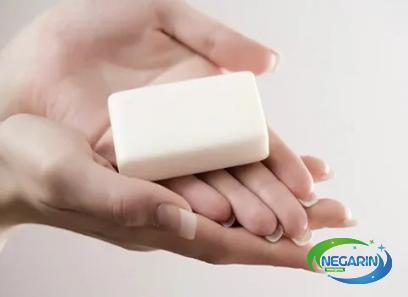 3. Factors to Consider When Choosing Good Acne Soap: a) Skin Type: Different acne soaps cater to specific skin types, such as oily, dry, sensitive, or combination. Select a soap that suits your skin type to ensure optimal results. b) Formulation: Opt for gentle, non-comedogenic formulas that do not contain harsh chemicals or fragrances that may irritate the skin. c) Reviews and Recommendations: Reading customer reviews and seeking recommendations from trusted sources can provide valuable insights about a particular acne soap’s effectiveness. d) Price and Value: While cost is an important factor, it’s crucial to assess the value an acne soap offers in terms of quality, effectiveness, and the benefits it provides. Conclusion: Good acne soap plays a vital role in combating breakouts, offering deep cleansing, gentle exfoliation, antibacterial properties, oil control, and hyperpigmentation reduction. By choosing acne soaps with key ingredients such as salicylic acid, benzoyl peroxide, tea tree oil, neem, or aloe vera, individuals can effectively address their skin concerns. Considering factors like skin type, formulation, reviews, and value ensures the selection of an acne soap that brings clarity and confidence to their skincare routine.
3. Factors to Consider When Choosing Good Acne Soap: a) Skin Type: Different acne soaps cater to specific skin types, such as oily, dry, sensitive, or combination. Select a soap that suits your skin type to ensure optimal results. b) Formulation: Opt for gentle, non-comedogenic formulas that do not contain harsh chemicals or fragrances that may irritate the skin. c) Reviews and Recommendations: Reading customer reviews and seeking recommendations from trusted sources can provide valuable insights about a particular acne soap’s effectiveness. d) Price and Value: While cost is an important factor, it’s crucial to assess the value an acne soap offers in terms of quality, effectiveness, and the benefits it provides. Conclusion: Good acne soap plays a vital role in combating breakouts, offering deep cleansing, gentle exfoliation, antibacterial properties, oil control, and hyperpigmentation reduction. By choosing acne soaps with key ingredients such as salicylic acid, benzoyl peroxide, tea tree oil, neem, or aloe vera, individuals can effectively address their skin concerns. Considering factors like skin type, formulation, reviews, and value ensures the selection of an acne soap that brings clarity and confidence to their skincare routine.
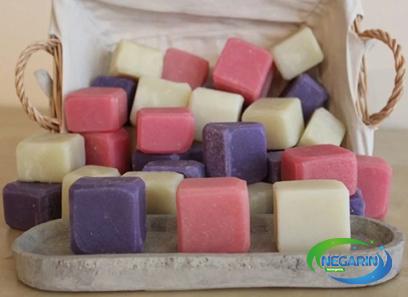
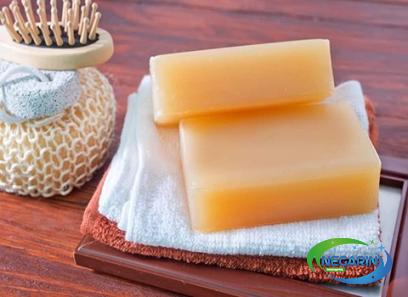
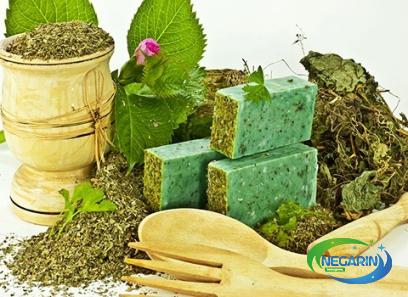
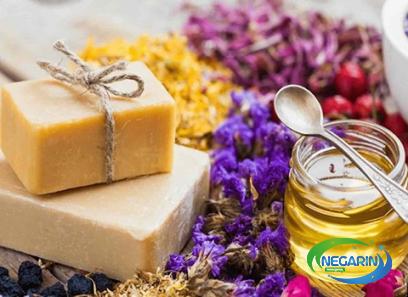
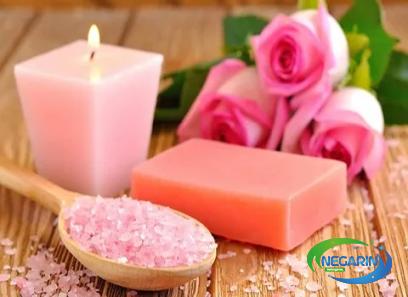

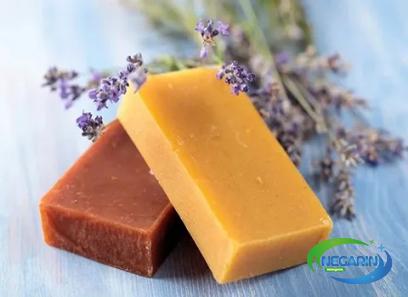
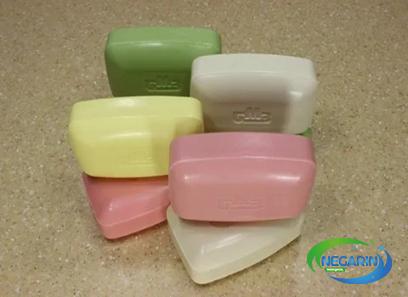
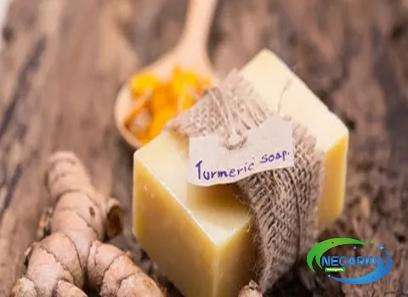
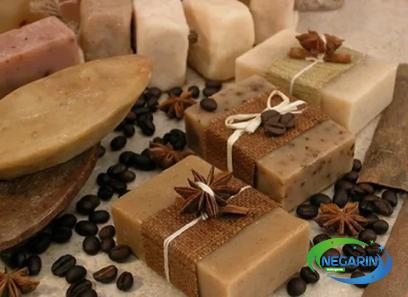
Your comment submitted.